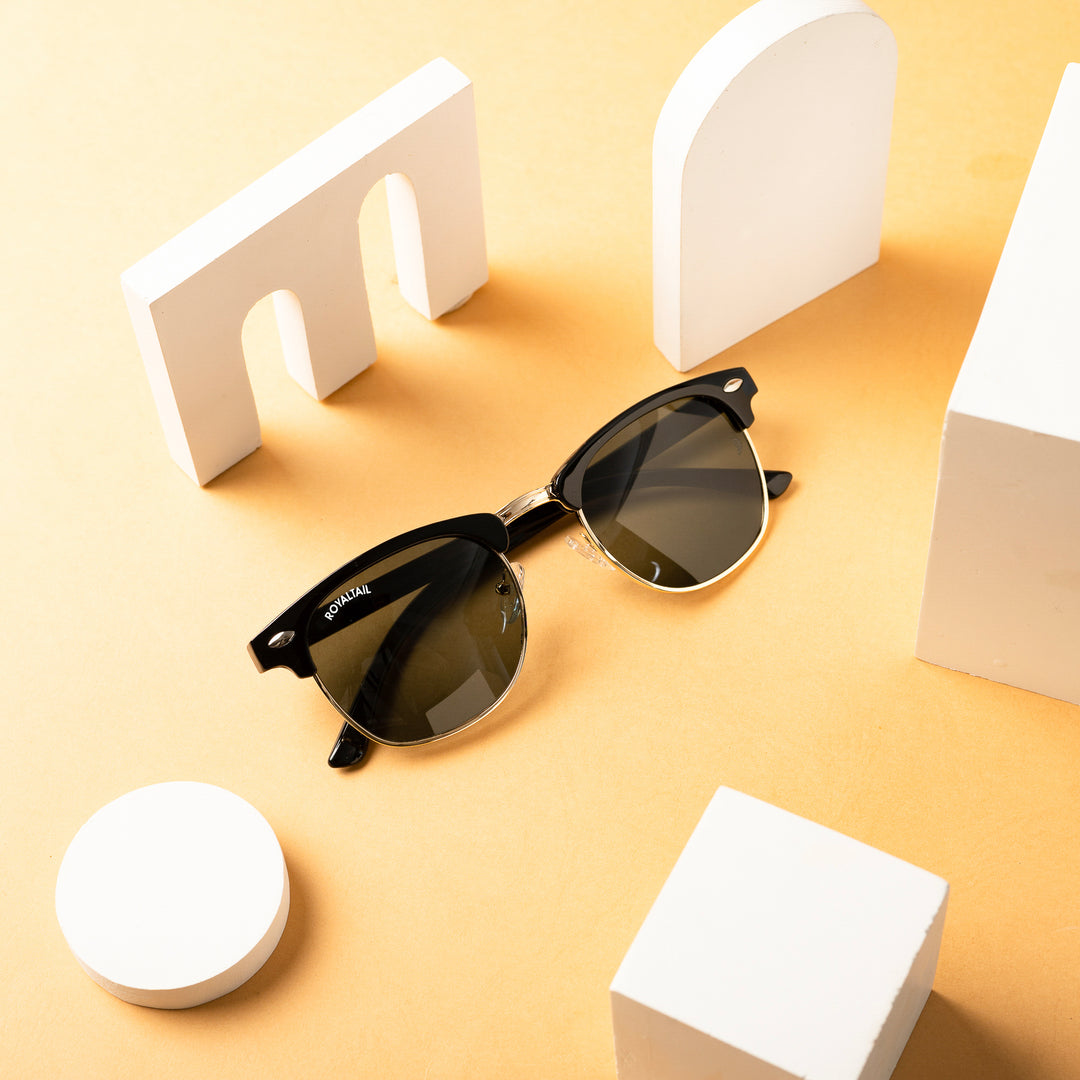
Choosing the Best Lens Material: Glass vs. Plastic for Sunglasses
Introduction:
When shopping for sunglasses, one of the key decisions you'll need to make is choosing the lens material. Two common options are glass and plastic, each with its own set of advantages and considerations. In this article, we'll compare glass and plastic lenses for sunglasses to help you determine which material is superior for your needs.
-
Durability:
Glass Lenses: Glass lenses are known for their exceptional durability and scratch resistance. They are less prone to scratches and abrasions compared to plastic lenses, making them ideal for long-term use.
Plastic Lenses: Plastic lenses are generally less durable than glass lenses and are more susceptible to scratches and damage. However, modern advancements in lens technology have improved the durability of plastic lenses, making them more resistant to impact and shattering. -
Weight:
Glass Lenses: Glass lenses tend to be heavier than plastic lenses, which can cause discomfort during prolonged wear. However, some individuals prefer the weightiness of glass lenses as it provides a sense of solidity and quality.Plastic Lenses: Plastic lenses are lighter in weight than glass lenses, making them more comfortable to wear for extended periods. The lightweight nature of plastic lenses makes them an attractive option for individuals seeking maximum comfort.
-
Optical Clarity:
Glass Lenses: Glass lenses offer superior optical clarity and distortion-free vision. They provide a crisp and clear view of the surrounding environment, making them ideal for activities that require precise vision, such as driving and outdoor sports.
Plastic Lenses: Plastic lenses may exhibit slight distortions or aberrations, particularly in lower-quality lenses. However, advancements in lens manufacturing have significantly improved the optical quality of plastic lenses, making them comparable to glass lenses in terms of clarity.
-
Impact Resistance:
Glass Lenses: Glass lenses are highly resistant to impact and are less likely to shatter upon impact. This durability makes them an excellent choice for individuals engaged in high-impact activities or sports where eye protection is essential.
Plastic Lens: Plastic lenses are inherently more impact-resistant than glass lenses and are less likely to shatter upon impact. This makes them a safer option for individuals concerned about eye safety or those participating in activities with a higher risk of accidents.
-
Cost:
Glass Lenses: Glass lenses are typically more expensive than plastic lenses due to their superior durability and optical quality. However, the higher upfront cost may be justified by the long-term durability and longevity of glass lenses.
Plastic Lenses: Plastic lenses are generally more affordable than glass lenses, making them a budget-friendly option for individuals looking for cost-effective eyewear solutions. While plastic lenses may require more frequent replacement due to wear and tear, their lower initial cost can be appealing to budget-conscious consumers.
-
Customization:
Glass Lenses: Glass lenses are less customizable than plastic lenses and may have limited options in terms of lens coatings and tints. However, glass lenses can be customized to accommodate prescription needs for individuals requiring corrective eyewear.
Plastic Lenses: Plastic lenses offer a wide range of customization options, including various lens coatings, tints, and prescription compatibility. This versatility allows for greater personalization to meet individual preferences and vision requirements.
Conclusion:
Both glass and plastic lenses offer unique benefits and considerations for sunglasses wearers. While glass lenses excel in durability, optical clarity, and scratch resistance, plastic lenses offer advantages such as lightweight comfort, impact resistance, and affordability. Ultimately, the choice between glass and plastic lenses depends on your personal preferences, lifestyle needs, and budget constraints. By considering the factors outlined in this article, you can make an informed decision and select the lens material that best suits your individual requirements for sunglasses.







